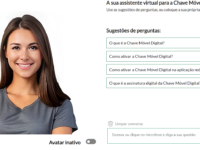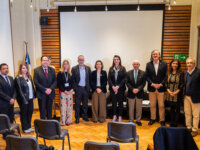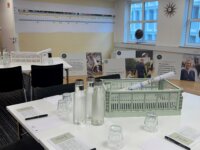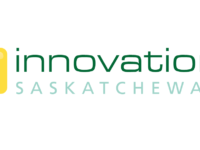The Virtual Assistant project targets every person that may come to require information on how to access and make use of Portuguese Public Services. It takes the shape of an AI driven ChatBot (powered by ChatGPT3.5), designed on Azure Cloud AI architecture as a public/private partnership. Our Innovation demonstrates a clear use case for AI within the public sector, and it was developed to address effectiveness, efficacy and quality issues inherent to the provision of public services.
Innovation Tag: Cross-Sector Partnerships
The program offers an online Human Rights course for civil servants with modules from 15 Public Administration entities. It includes initial and final webinars featuring the Ombudsman and three civil society associations, respectively. Graduates propose initiatives to implement Human Rights, fostering a "Network of Ambassadors for the Promotion of Human Rights in Public Administration." A Best Practices Guide will highlight implemented projects.
Futures and foresight methods are fundamental tools to inform decision-making and public policy in order to consider a wide range of future possibilities. The creation of a Latin American Future Network seeks to articulate existing efforts from many countries and enhance capacity building in the region, since capacities are still not well developed. This will benefit citizens by improving public sector services and future-proofing policies aimed at the population wellbeing.
The Ministry of Environment, Water, and Agriculture in Saudi Arabia proudly introduces the innovative mobile application called Livestock Chain as a groundbreaking solution leveraging Blockchain technology to effectively manage livestock data within the all country regions. This visionary application is designed to preserve the rich heritage of livestock while offering a secure mechanism for data storage and retrieval, by assigning each livestock a unique identifier.
Baia Mare has developed a community-driven approach to decontaminate heavy metal-polluted land using plants, addressing a critical public health issue. The project combines phytoremediation, smart mapping technology, and a digital reward system to encourage environmental action and sustainable development. This innovative model empowers citizens, improves urban health, and creates new green economic opportunities.
This project aimed to translate new legislation on occupational injuries into a citizen-oriented service journey, helping those injured at work to re-enter the workforce through education. Through co-creation, we designed the future customer journey, designing a unified service that involved various stakeholders.
Senior citizens are often excluded from cultural experiences located inside public museums, for reasons such as physical impairments, institutionalization, or health limitations. The BeauCoup innovation creates multisensory, inclusive technologies using digital and analogue tools to make cultural heritage accessible and engaging even outside the cultural institutions. Local, state, and federal governments that manage museums are involved in the innovation process of barrier-free cultural access.
The Seoul Outdoor Library was created to meet the needs of citizens for their healing and rest in a safe space since COVID-19. As a new approach where the concept of a library space is expanded from being inside a building to outdoors, a space is created to share culture with multiple generations by offering various services for citizens in collaboration with the local community. It is an innovative model where a library is shifted to a social place in which anyone could enjoy the library.
The Aao School Chalein (School Enrollment Drive) initiative in Haryana addresses student enrollment challenges through a mrico-improvement (MI) approach and collaborative action. By empowering school leaders, leveraging technology, and using creative strategies to engage various stakeholders, it encourages community participation to boost student enrollment. This approach has the potential for collaborative, scalable solutions in addressing many education challenges, at scale.
In response to Innovation Saskatchewan's call for public sector challenges through its Innovation Challenge, the Ministry of Environment partnered with Prairie Robotics, a Regina-based AI startup, to tackle waste audits. Their AI-powered solution automates waste audit processes, cutting down time, costs, and resources previously required for manual audits. The technology identifies contaminants in recycling streams and tailors educational materials to individual households, enhancing engagement,…





